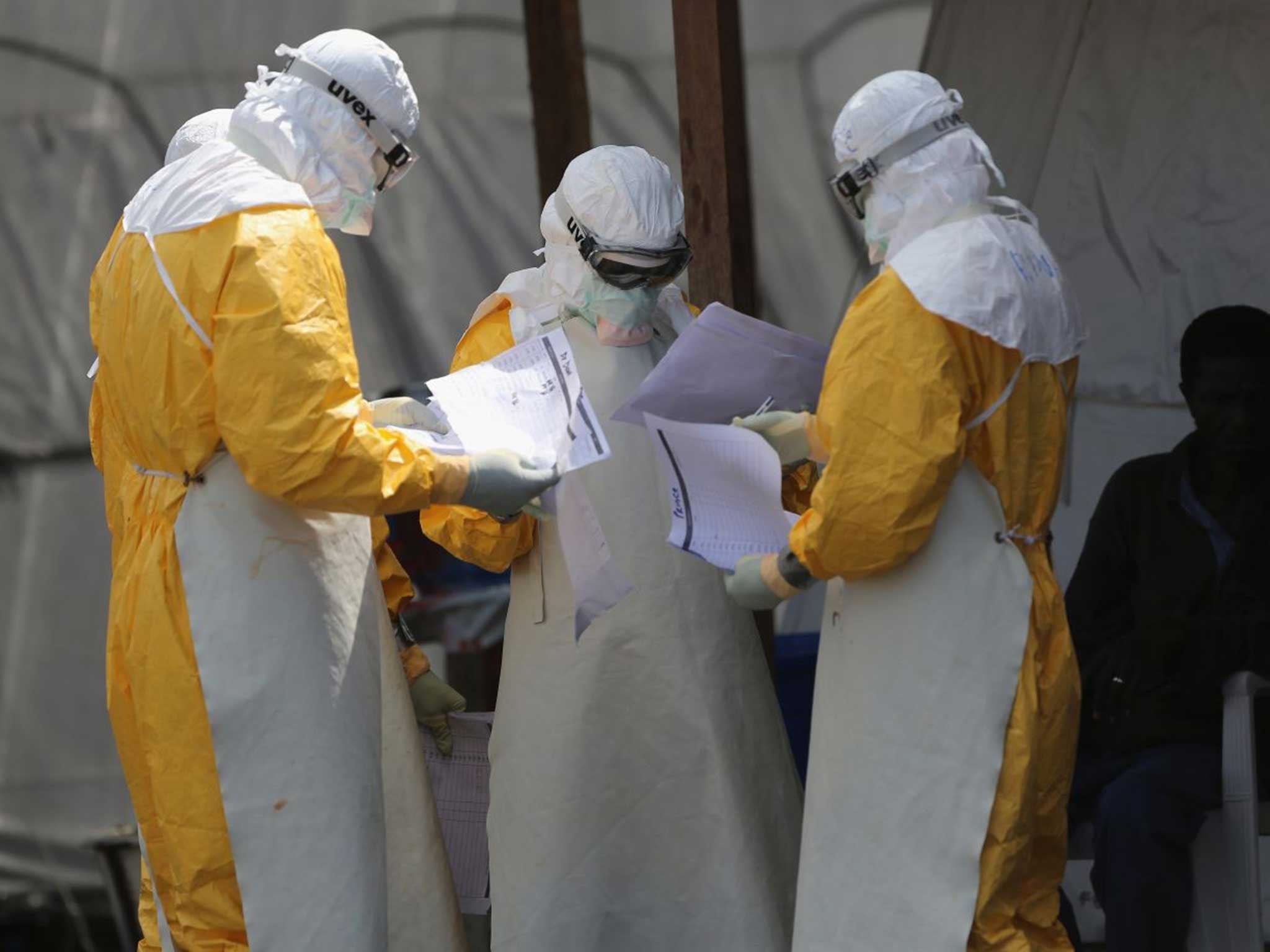Ebola outbreak: World Health Organisation botched initial handling
Leaked internal memo places blame on incompetent staff and bureaucracy who 'failed' to see the 'writing on the wall'

The World Health Organisation botched early efforts to halt the deadly Ebola virus in West Africa, according to a drafted internal report leaked late yesterday night.
The internal document, which shows a timeline of the outbreak, indicates there were serious failings by WHO – itself an arm of the United Nations – to curtail the spread of the virus after it was first diagnosed in Sierra Leone, Liberia and Guinea.
“Nearly everyone involved in the outbreak response failed to see some fairly plain writing on the wall,” WHO said in the report, obtained by the Associated Press.
“A perfect storm was brewing, ready to burst open in full force.”
According to the document, incompetent staff, who failed to grasp that traditional infectious disease containment would fail in states with porous borders and fragmented health care systems, and the agency’s own bureaucracy also contributed to the problem.
"It's the regional office in Africa that's the front line," said Dr Peter Piot, the co-discoverer of the Ebola virus, interviewed by AP at his office in London.
"And they didn't do anything. That office is really not competent," he claimed.
The report also found that the heads of its country offices in Africa are “politically motivated appointments” made by the WHO regional director for Africa, Dr Luis Sambo, who does not answer to Dr Margaret Chan, the agency’s chief in Geneva.
A spokesperson for WHO told The Independent: "As soon as WHO received notification from Guinea in late March that the first cases of Ebola Virus Disease had been identified, we immediately mobilized experts and sent supplies to Guinea, then to Liberia and Sierra Leone.
"We will have time to analyse our response in the early phase of the outbreak once we get this outbreak stopped," the spokesperson said.
The news comes as 4,555 people are now believed to have died from Ebola, with the health agency noting 9,216 registered cases in seven countries.
Yet the international response has been lacking. A $1bn UN fund set up last month attracted a paltry $100,000, from Columbia.
Yesterday, David Cameron called on other countries to “look at their responsibilities and their resources” as a suspected Ebola patient admitted to a London hospital tested negative for the virus.
Meanwhile, pharmaceuticals giant GlaxoSmithKline has warned an effective commercial vaccine may not be ready until late 2016 and should not be seen as the “primary answer” to the current outbreak.
Doctor Ripley Ballou, head of GSK’s Ebola vaccine research unit said to The Times: ““I don’t think this vaccine should be seen as the primary answer to this particular outbreak but we certainly hope that this vaccine could be used to prevent future outbreaks.
“Unfortunately it’s not going to be as quickly as we would like,” he said.
Later adding: “In retrospect we should have pulled the trigger earlier.”
Join our commenting forum
Join thought-provoking conversations, follow other Independent readers and see their replies
0Comments